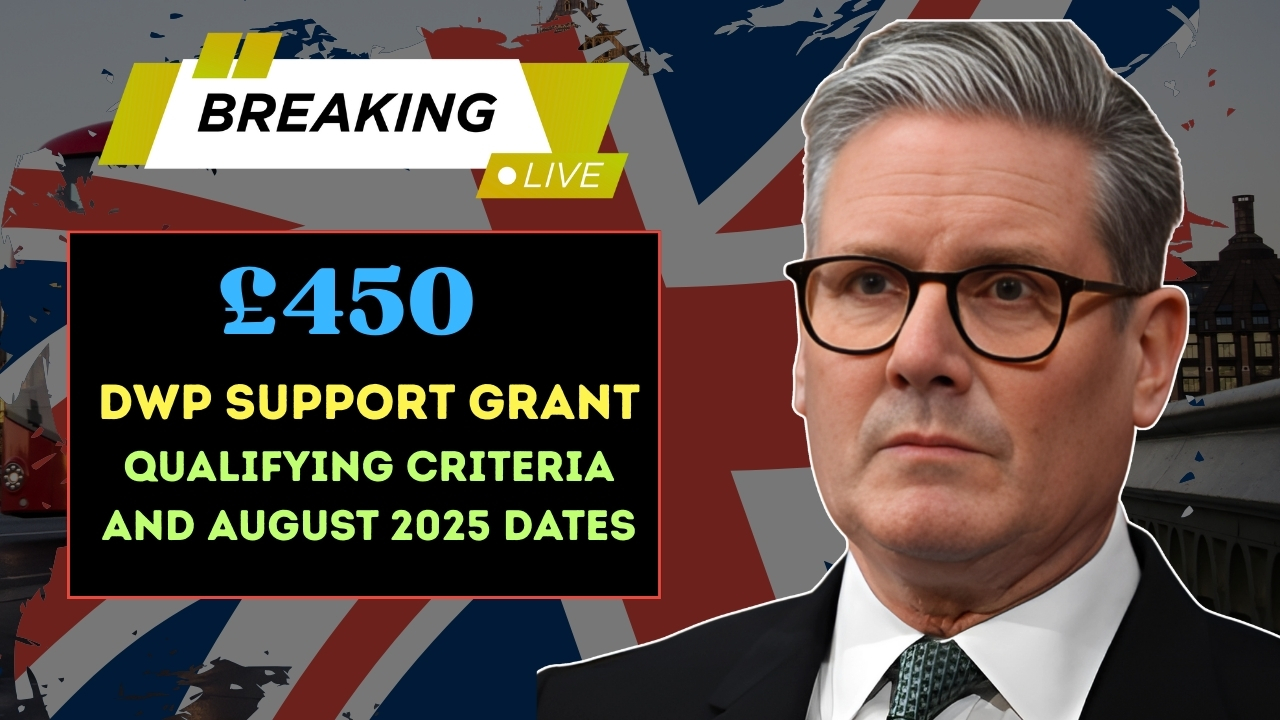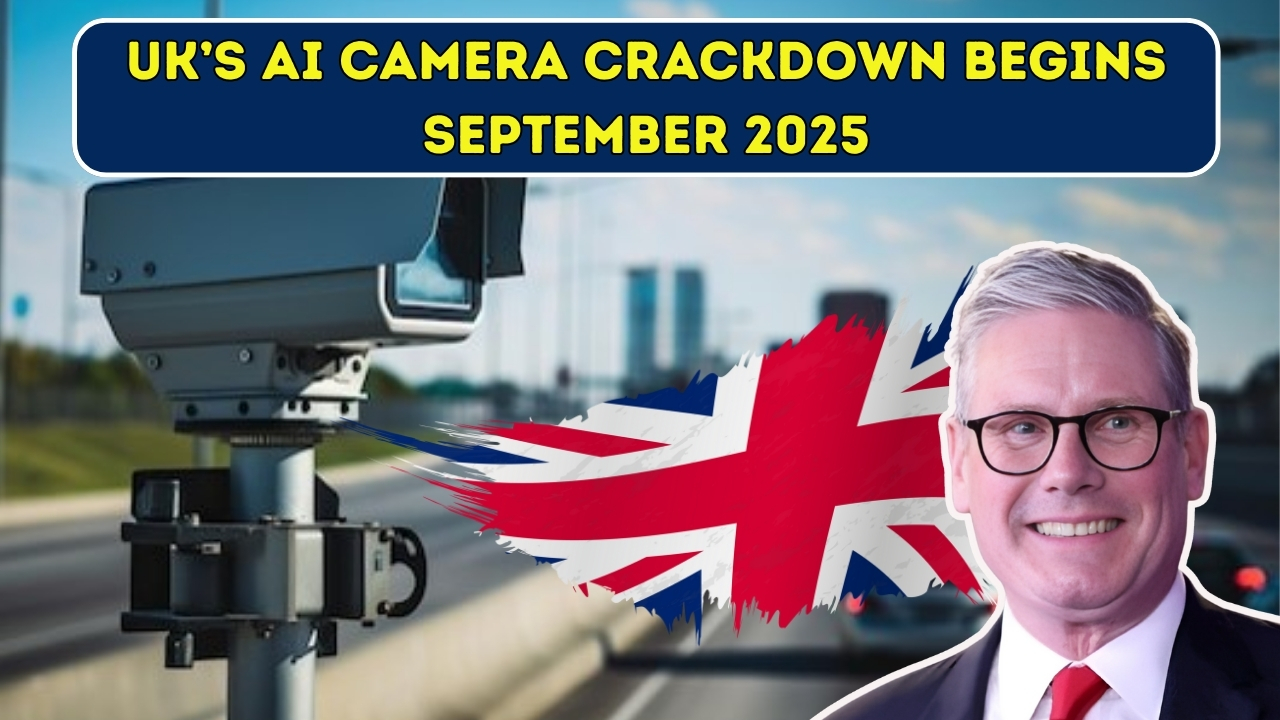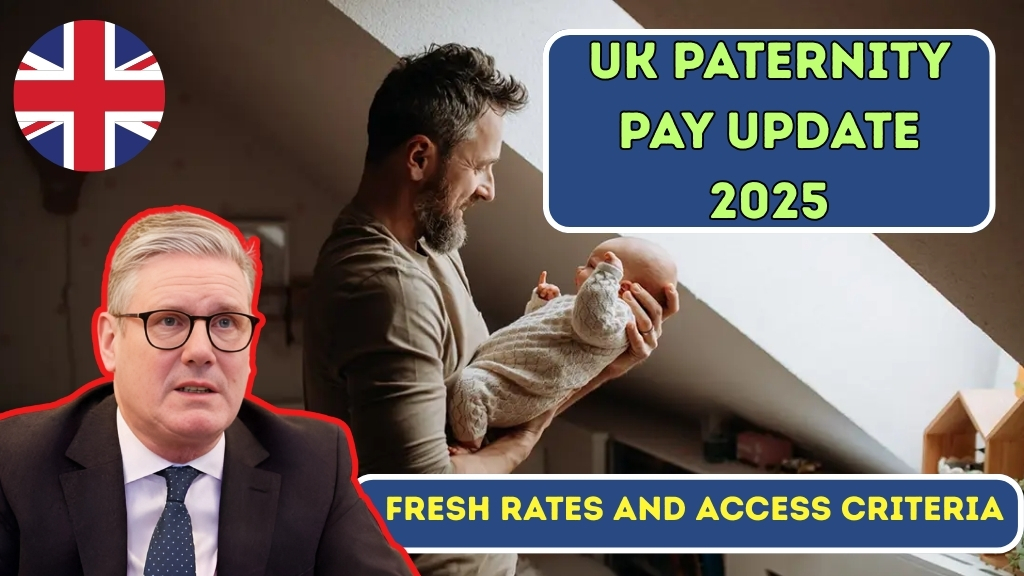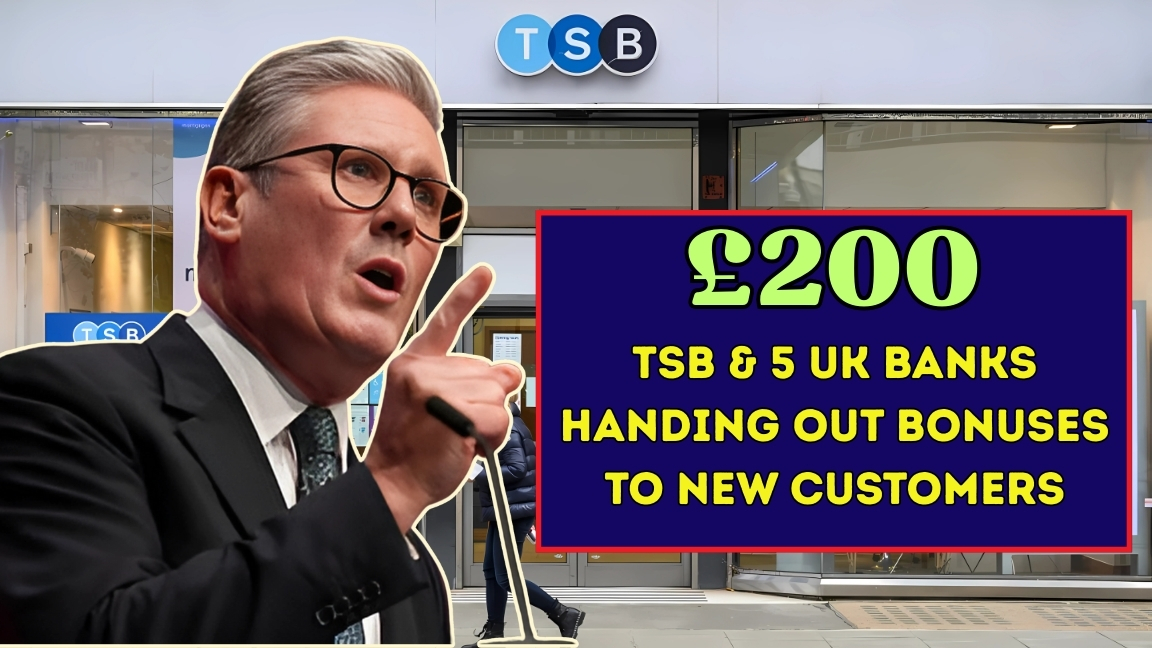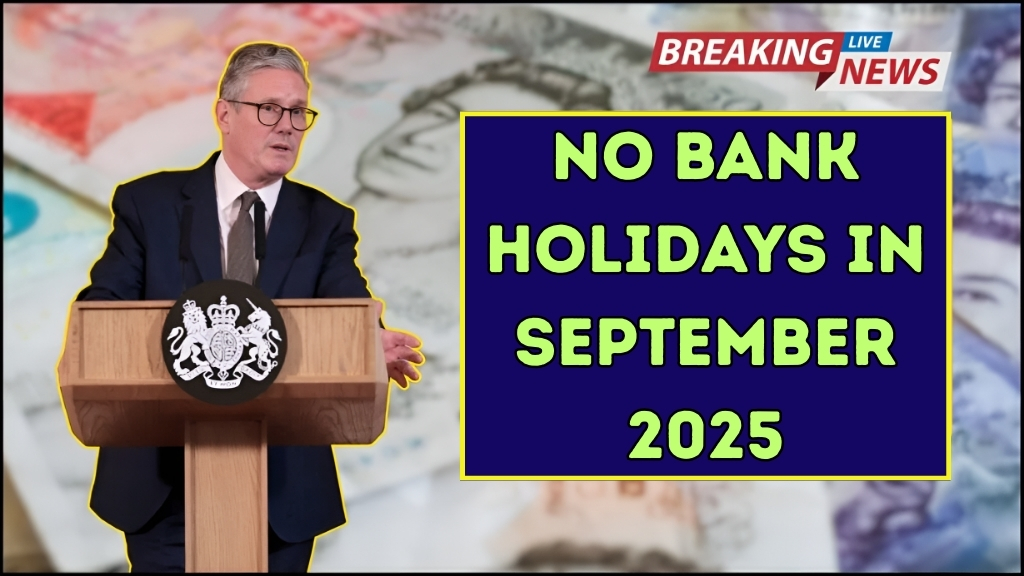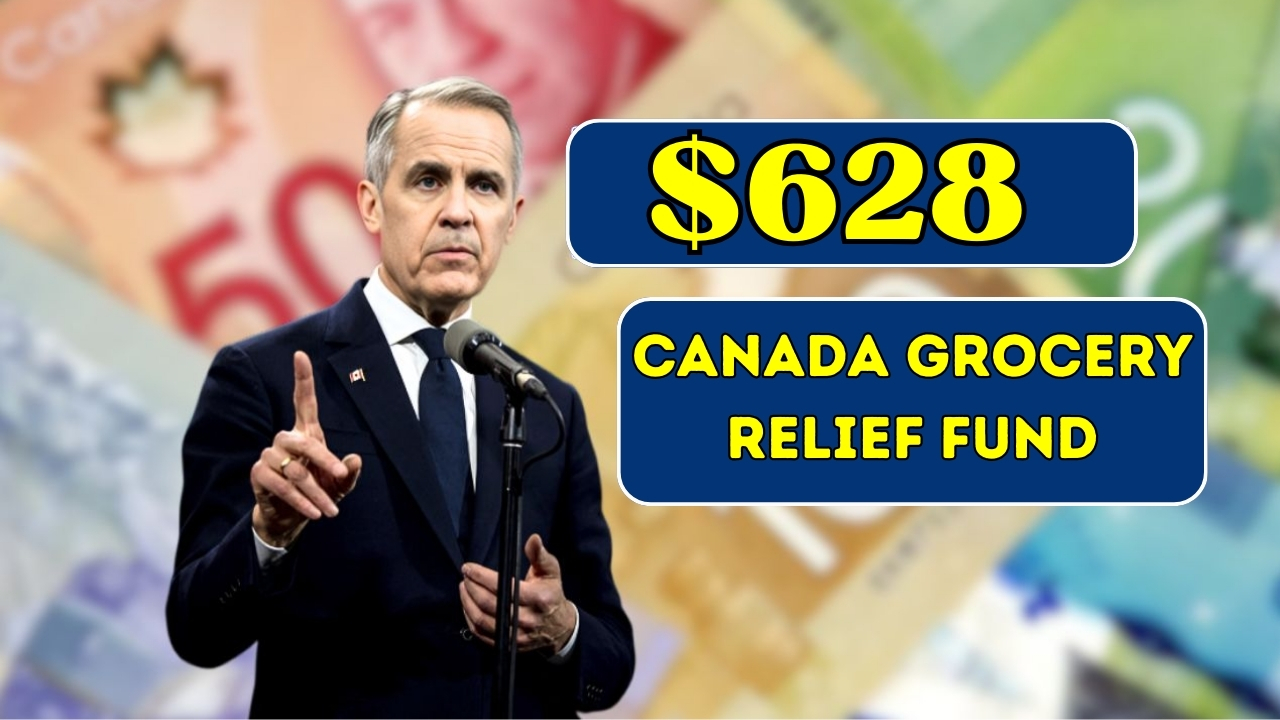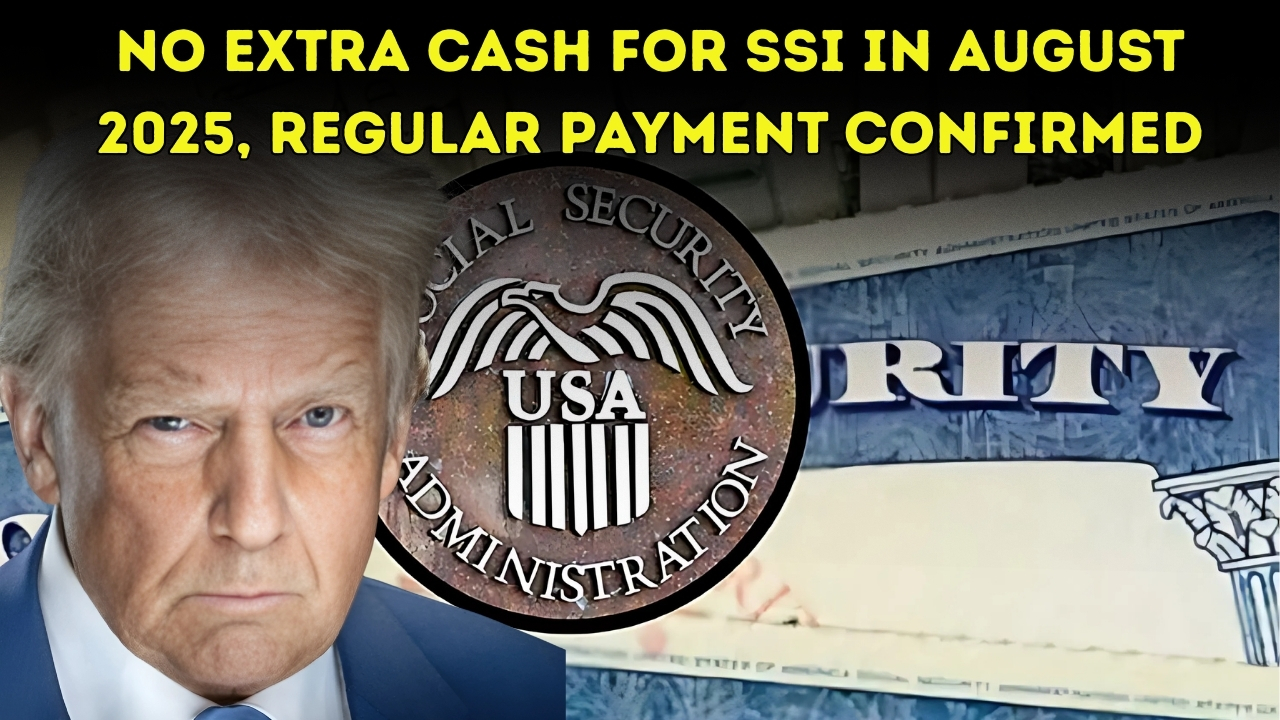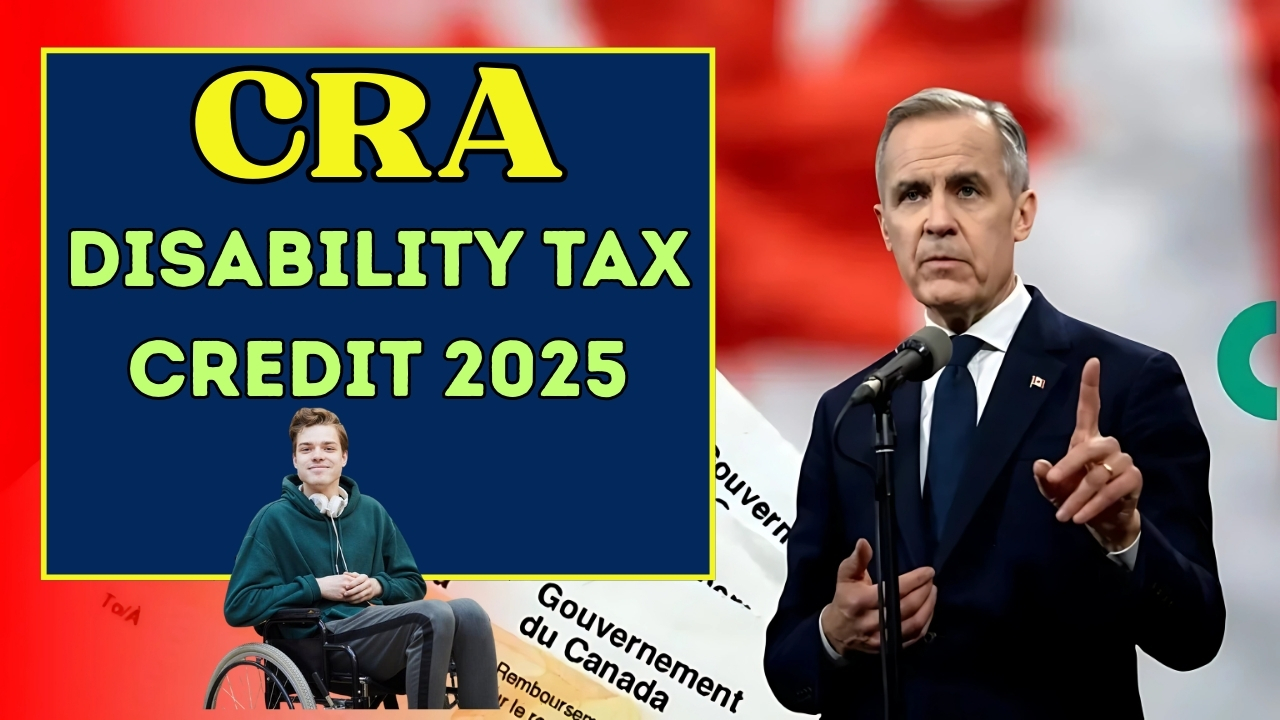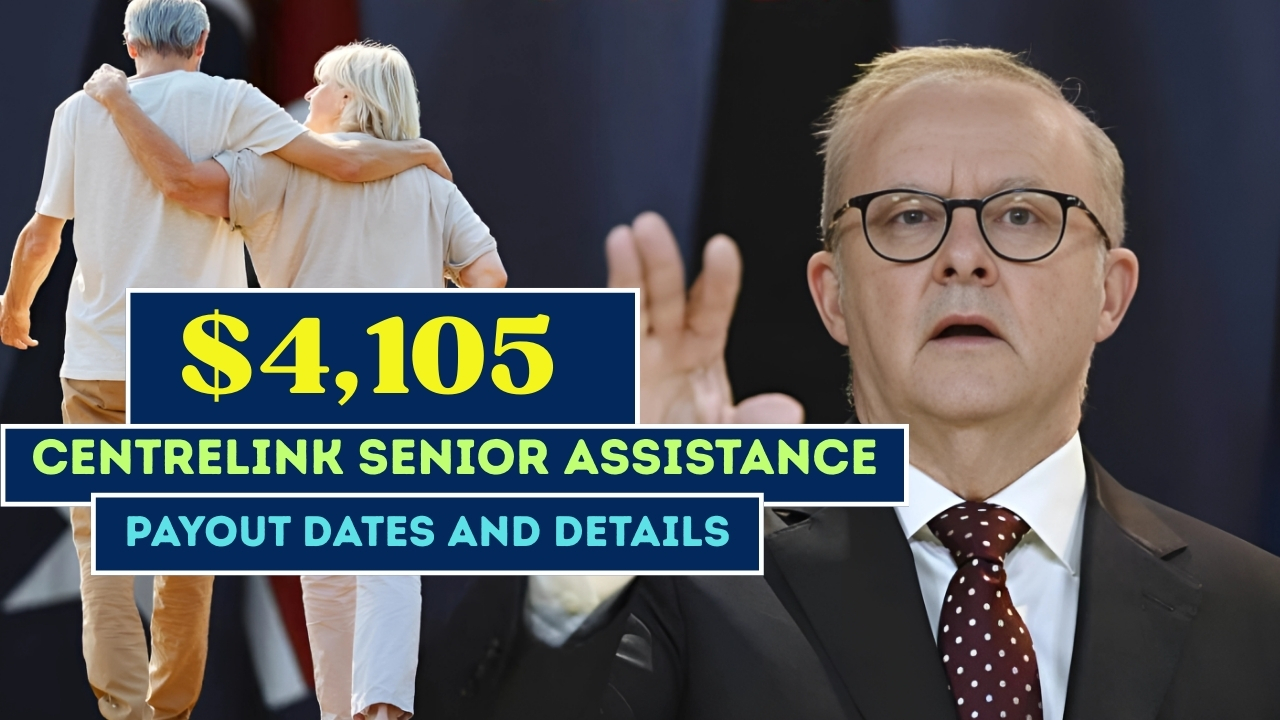Which Households Get the Cash?
Not every home will see this pop up in their account. The £450 cash boost is aimed only at people already getting certain low-income benefits. These include Universal Credit, Pension Credit, and a few legacy benefits like Income Support and Employment Support Allowance. It’s not a blanket giveaway; only those already on the lowest incomes or who can’t easily earn more are covered.
There’s an extra step, too. Claimants have to have been on a qualifying benefit during a set time period—June and July 2025. The government chose those months so that new claims this summer can still be checked, but latecomers not in the qualifying months can’t apply and still pick up cash.
Money Drops When?
The £450 will drop straight into bank accounts on Monday, August 26, 2025. Most families can expect to see the sum by the first week of September, just in time to ease back-to-school costs.
Officials are asking everyone waiting for help money not to ring the DWP until after early September, pointing out that banks may need extra days to process deposits.
This time, the money is being sent out differently: there’s no extra form to fill in, and cash gets sent right to people who are eligible. When it arrives, the bank will show the payment as “DWP Cost of Living Relief,” so it’s easy to spot and families can plan ahead with the right numbers.
Why the Relief is Necessary
Official statistics say the food shops and energy bills that families face still cost a lot, even though inflation is slowly easing. People with lower incomes are still in the hardest spot, and charities like Citizens Advice and the Trussell Trust are already seeing extra families use food banks. Past records show that food parcels often rise in August and September, right before schools start again.
Pensioners are in a special category, often paying more for energy and relying on fixed incomes that don’t grow much. For them, the £450 will help until the best winter fuel rates start to go out in late autumn.
Thinking About the Future
When the £450 hits bank accounts, it will create short-term room to breathe, but the extra cash is not a complete answer for long-term pressures.
Advocates are still pushing for the kind of long-term changes to the welfare system and energy prices that stop the stops-and-starts of stopgap aid, not the short cash showers that come and go with the calendar. The government, meanwhile, sticks with its script, marking the latest rebate as just one slice of a broad “targeted aid” pie, meant to stop any family from being the one that slips through the still-saggy safety net while the economy teeters.
So, as the last summer days tick off the calendar and the works of Counting Coins in August roll in, the country’s eyes are glued to glowing phone displays and blinking ATM slips, hoping that a little patch of cash—even one that isn’t meant to last—might be enough to buy one more week’s worth of groceries or fill the fridge before the next bill arrives.
